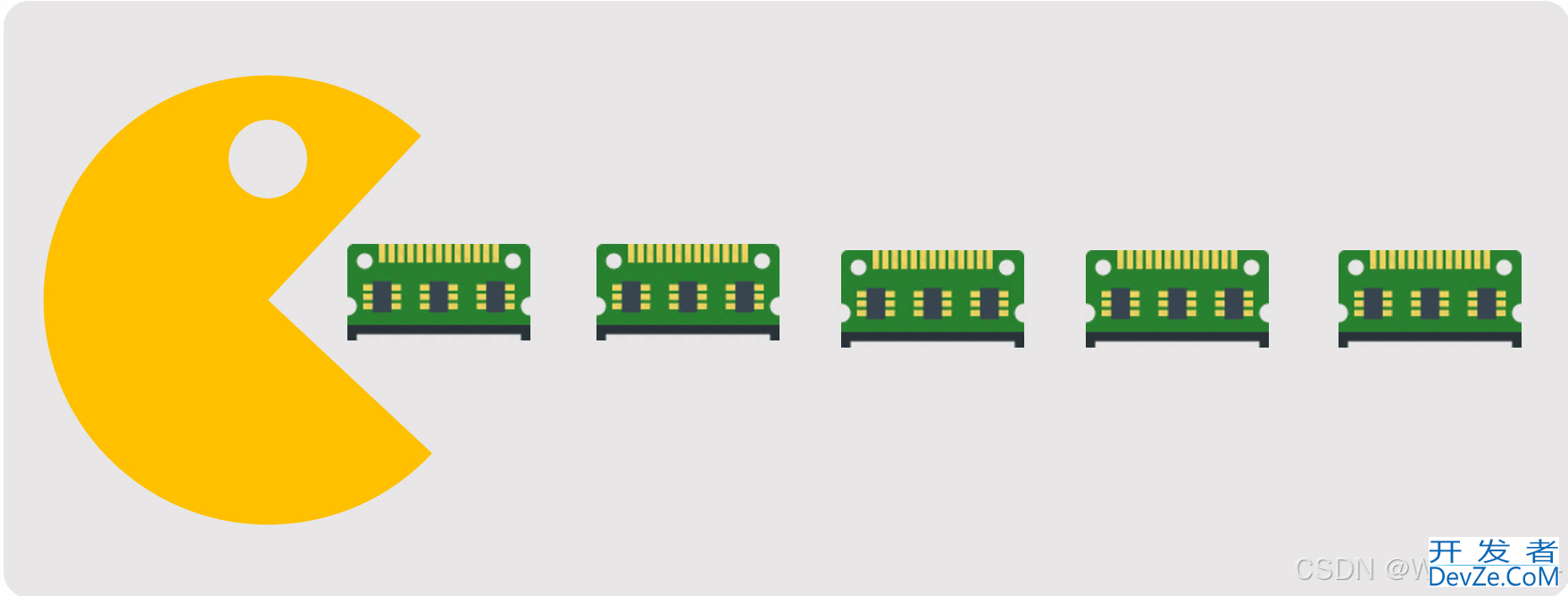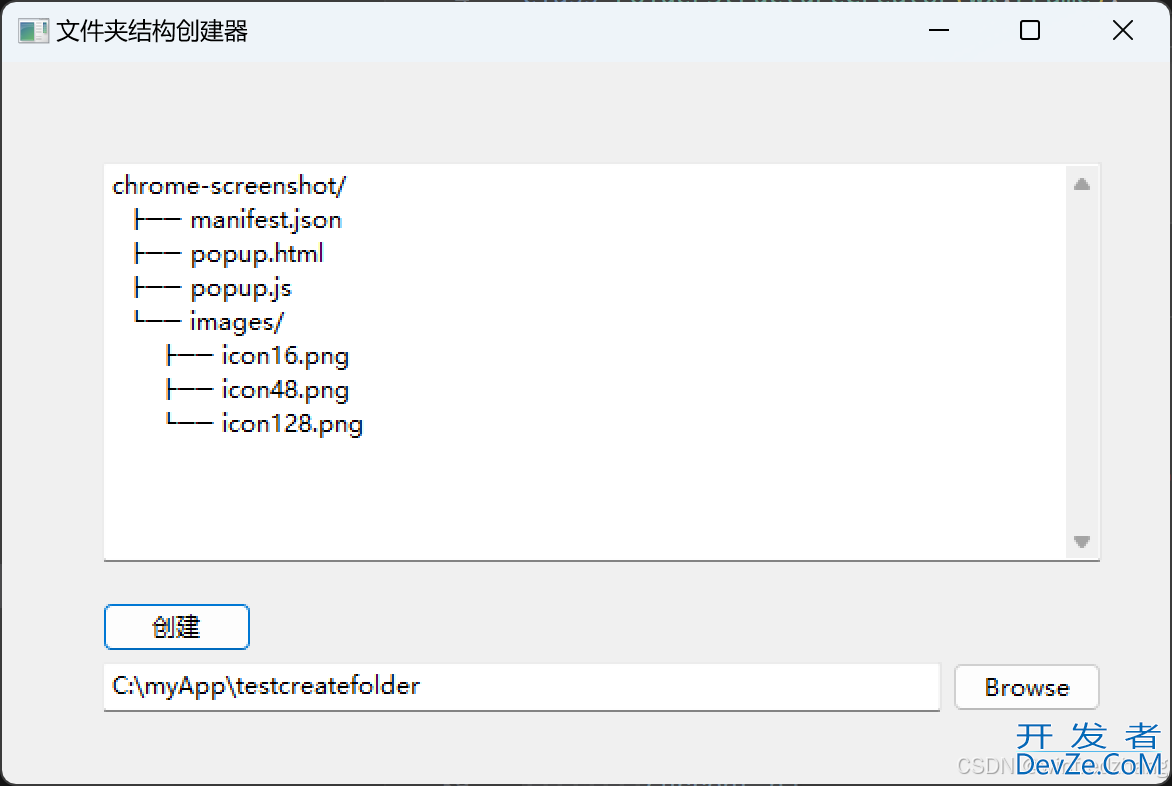验证码是一种用于验证用户身份或确保用户操作安全的技术手段。它通常以图形、声音或文字的形式出现,要求用户在登录、注册或进行特定操作之前输入正确的验证码。
验证码的目的是防止网络恶意行为,如恶意注册、暴力破解密码、爬取数据等。通过要求用户正确输入验证码,可以有效阻止机器人或自动化程序的访问。
常见的验证码形式包括图像验证码、音频验证码和文字验证码。图像验证码要求用户识别并选择特定图像中的特定物体或图案,音频验证码要求用户听取一段随机生成的音频并输入其中的数字或字母,文字验证码则要求用户识别并输入特定的字母、数字或符号。
验证码的生成和验证通常基于特定的算法和技术,如随机数生成、图像识别、语音合成等。验证码通常具有一定的复杂性和难度,以确保只有真正的用户能够解读和输入正确的验证码。
然而,验证码也可能给用户带来一定的不便,特别是对于视力或听力有障碍的用户。因此,一些网站和应用程序也提供了可选的辅助功能,如文字提示、放大镜、语音提示等,以帮助用户更好地完成验证码验证。
下面讲解一下如何使用Java生成验证码图片。
代码如下:
import javax.imageio.ImageIO;
import java.awt.*;
import java.awt.image.BufferedImage;
import java.io.File;
import java.io.FileOutputStream;
import java.io.IOException;
import java.io.OutputStream;
import androidjava.util.Random;
/**
* @author tobiasy
* @date 2020/4/10
*/
public class ValidateCode {
prjavascriptivate int width = 160;
private int height = 40;
/**
* 验证码字符个数
*/
private int codeCount = 5;
/**
* 验证码干扰线数
*/
private int lineCount = 150;
/**
* 验证码
*/
priwww.devze.comvate String code = null;
/**
* 验证码图片Buffer
*/
private BufferedImage buffImg = null;
// 验证码范围,去掉0(数字)和O(拼音)容易混淆的(小写的1和L也可以去掉,大写不用了)
// private char[] codeSequence = {'A', 'B', 'C', 'D', 'E', 'F', 'G', 'H', 'I', 'J', 'K', 'L', 'M', 'N', 'P', 'Q', 'R',
// 'S', 'T', 'U', 'V', 'W', 'X', 'Y', 'Z', '2', '3', '4', '5', '6', '7', '8', '9'};
private char[] codeSequence = {'1', '2', '3', '4', '5', '6', '7', '8', '9'};
public ValidateCode() {
this.createCode();
}
public ValidateCode(int width, int height) {
this.width = width;
this.height = height;
this.createCode();
}
public ValidateCode(int width, int height, int codeCount, int lineCount) {
this.width = width;
this.height = height;
this.codeCount = codeCount;
this.lineCount = lineCount;
this.createCode();
}
public void createCode() {
int x, fontHeight, codey;
x = width / (codeCount + 2);
php fontHeight = height - 2;
codey = height - 4;
buffImg = new BufferedImage(width, height, BufferedImage.TYPE_INT_RGB);
Graphics2D g = buffImg.createGraphics();
buffImg = g.getDeviceConfiguration().createCompatibleImage(width, height, Transparency.TRANSLUCENT);
g.dispose();
g = buffImg.createGraphics();
g.fillRect(128, 128, width, height);
Random random = new Random();
Font font = new Font("微软雅黑", Font.PLAIN, fontHeight);
g.setFont(font);
for (int i = 0; i < lineCount; i++) {
int xs = random.nextInt(width);
int ys = random.nextInt(height);
int xe = xs + random.nextInt(width / 8);
int ye = ys + random.nextInt(height / 8);
g.setColor(getRandomColor());
g.drawLine(xs, ys, xe, ye);
}
StringBuilder randomCode = new StringBuilder();
for (int i = 0; i < codeCount; i++) {
String strRand = String.valueOf(codeSequence[random.nextInt(codeSequence.leng编程客栈th)]);
g.setColor(getRandomColor());
g.drawString(strRand, (i + 1) * x, codey);
randomCode.append(strRand);
}
code = randomCode.toString();
}
private Color getRandomColor(){
Random random = new Random();
return new Color(random.nextInt(255), random.nextInt(255), random.nextInt(255));
}
public void write(String path) throws IOException {
OutputStream sos = new FileOutputStream(path);
this.write(sos);
}
public void write(OutputStream sos) throws IOException {
ImageIO.write(buffImg, "png", sos);
sos.close();
}
public BufferedImage getBuffImg() {
return buffImg;
}
public String getCode() {
return code;
}
public static void main(String[] args) {
ValidateCode vCode = new ValidateCode(160, 40, 4, 60);
try {
String path = "F:/test/images/" + System.currentTimeMillis() + ".png";
FileOutputStream fileOutputStream = new FileOutputStream(new File(path));
vCode.write(fileOutputStream);
} catch (IOException e) {
e.printStackTrace();
}
}
}
效果如下

到此这篇关于Java后端实现生成验证码图片的示例代码的文章就介绍到这了,更多相关Java生成验证码图片内容请搜索编程客栈(www.devze.com)以前的文章或继续浏览下面的相关文章希望大家以后多多支持编程客栈(www.devze.com)!









 加载中,请稍侯......
加载中,请稍侯......
精彩评论